Building an Inclusive World with AutiHD
Ksenia Golubeva
CBDO and co-founder of AutiHD, advancing AI-powered neurodiversity support.
There are entrepreneurs who build companies, and then there are those who build movements. Ksenia Golubeva, CBDO and co-founder of AutiHD, firmly belongs to the latter. With over a decade of shaping corporate innovation in Eastern Europe, advising countless startups, she could have continued optimizing processes or chasing revenue. What drew me to speak with Ksenia was her profound pivot: a realization that true purpose lies in addressing fundamental human needs, especially for those often overlooked. You'll discover how her early exposure to the challenges faced by children with autism, coupled with a surprising personal connection, ignited a passion to redefine inclusion for neurodivergent adults. Her vision isn't just about an app; it's about changing how society perceives and celebrates difference. Get ready to explore a journey rooted in empathy, propelled by innovation, and aimed at creating a world where every talent can flourish, unburdened by outdated stereotypes.
Ksenia, as a co-founder of AutiHD, what core ethos guides your mission, and what critical messages do you hope to instill about fostering genuine inclusion in today's world?
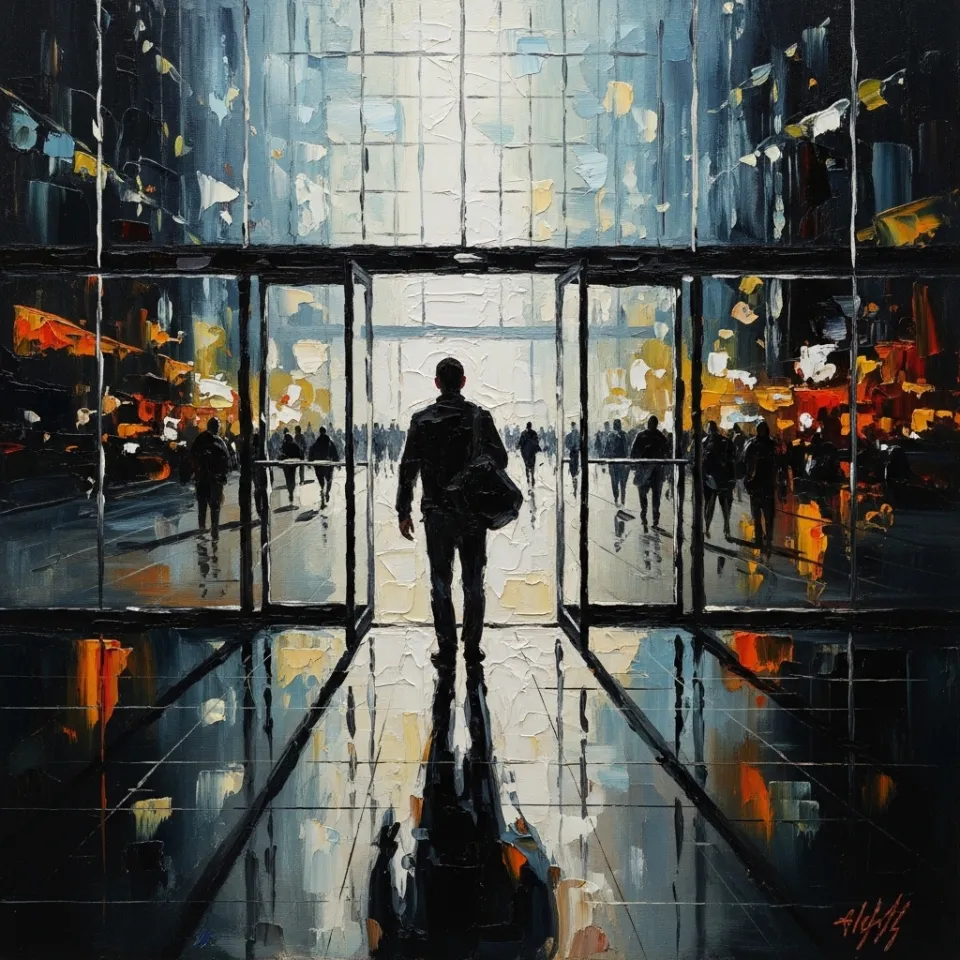
In navigating the dynamic world of startup development while simultaneously delving into the nuanced field of neurodiversity support, what was the most surprising or pivotal lesson you learned about the intersection of agility and human complexity?
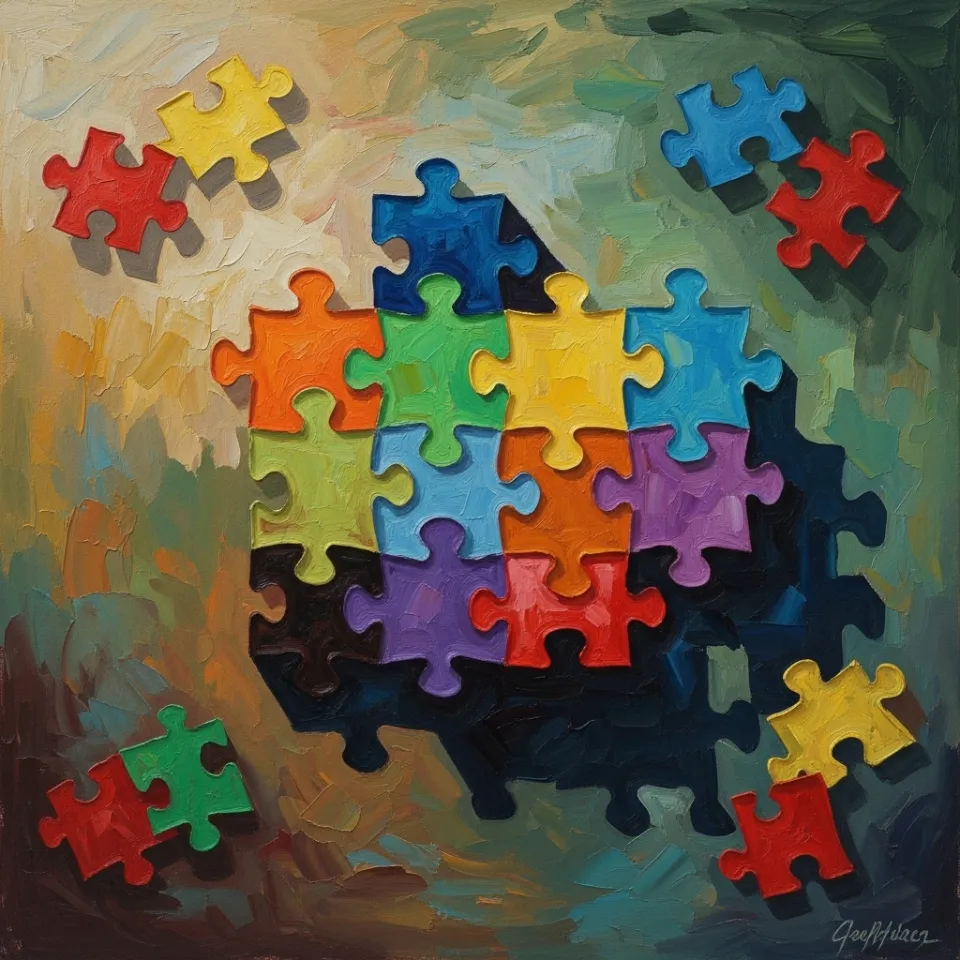
Could you articulate AutiHD's current business model and share the early traction metrics and user insights that are currently informing your strategic roadmap for the coming six months?
From a market entry and regulatory standpoint, what is AutiHD’s strategic approach, particularly regarding initial EU markets, evidence generation, and your positioning of Mindory as either a medical device or a wellness solution?
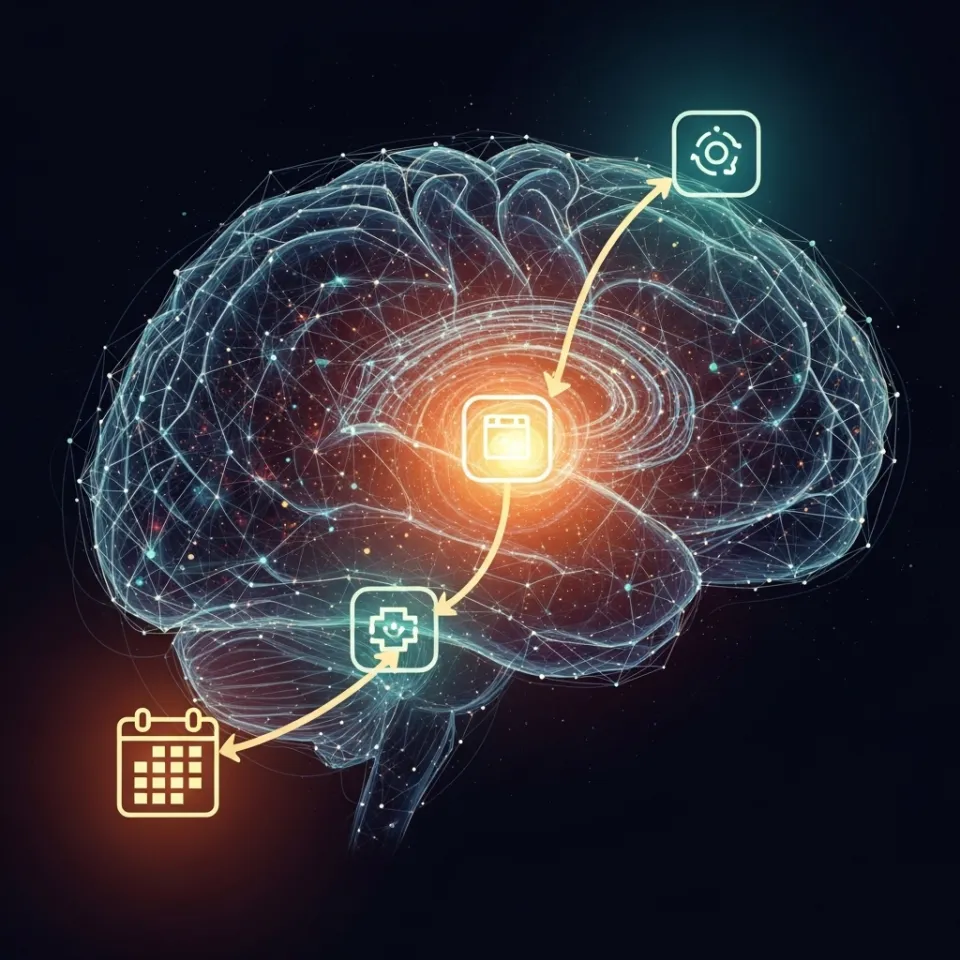

From a strategic business development standpoint, how is AutiHD leveraging innovative partnerships and market adoption strategies to effectively scale its neurodiversity support platform across the diverse European ecosystem?
Beyond individual support, how does AutiHD currently engage with employers to foster neuroinclusive environments, and what are your strategic plans for developing employer-facing tools or integrations in the future?
Looking ahead, how do you foresee the modern workplace evolving to truly embrace neurodiversity, and what transformative role do you envision AI-powered platforms, specifically AutiHD, playing in cultivating these truly inclusive ecosystems?
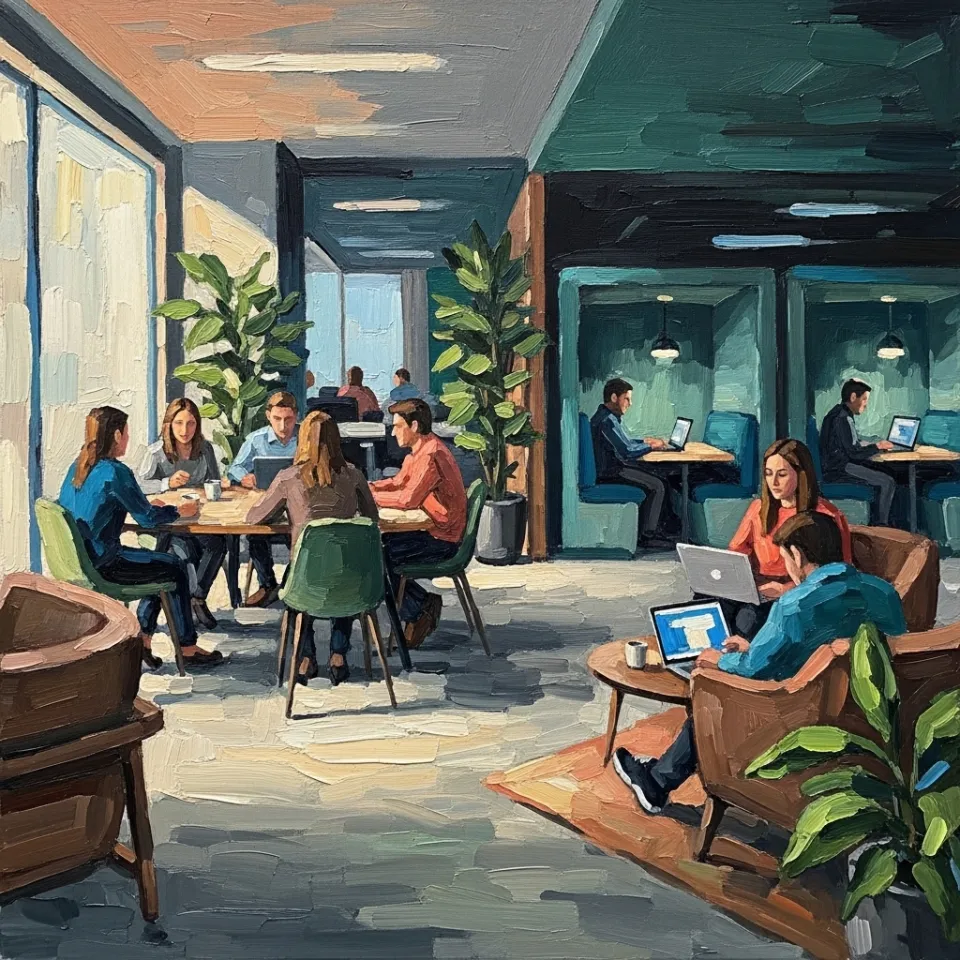
Drawing upon your extensive background in startup advisory and fostering innovation, what fundamental systemic changes and policy interventions do you believe are most crucial for enhancing societal support for neurodivergent adults?
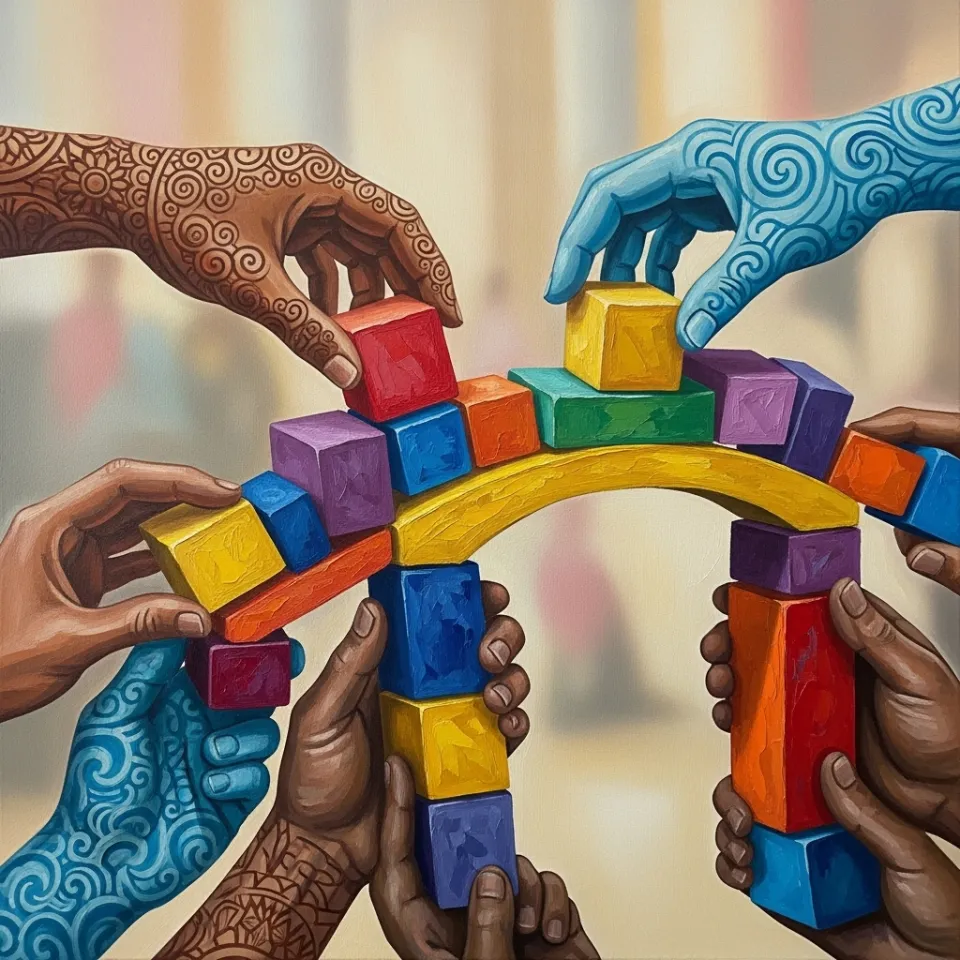
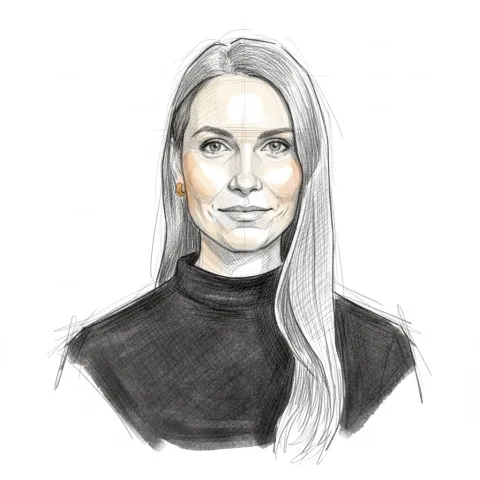
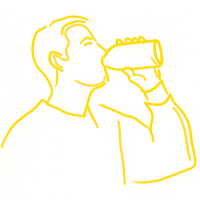
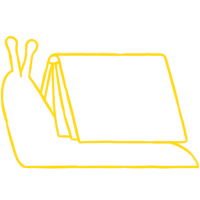
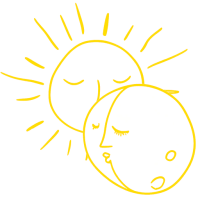
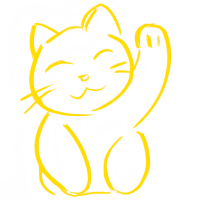
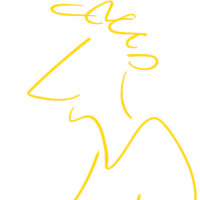
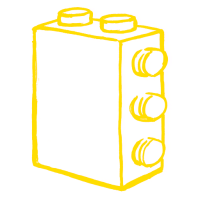
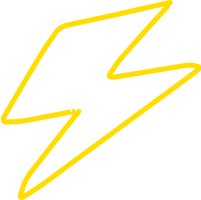

Share moment
Choose where you'd like to share this interview moment: